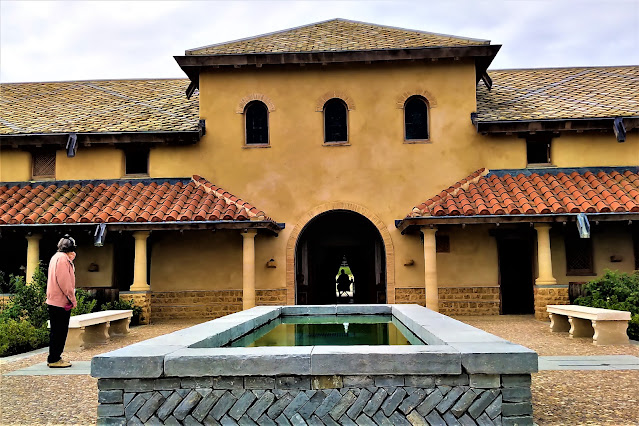Newcastle-upon-Tyne: An example of dynamic regeneration in N.E. England
Millennium Bridge, Newcastle, England
Newcastle has a history dating back 1800 years as it is on the line of Hadrian's Wall which was built by the Romans in the 2nd century AD.
To an extent the regeneration of Newcastle/Gateshead is similar to developments at my home base of Glasgow, a city which shares a similar, traditional heavy engineering and shipbuilding heritage dating back to the Industrial Revolution in the 18th century.
The waterfront at Newcastle/Gateshead has been transformed into a dynamic, visitor friendly environment helped by some very innovative architecture and design illustrations of which are provided above and below.
Above is the Gateshead Millennium Bridge, designed for pedestrians and cyclists by architects, Wilkinson Eyre and engineers, Gifford.
Below is the The Sage, Gateshead. This is a centre for musical education, performances and conferences. Made from curved glass and stainless steel. Designed by structural engineers,Foster & Partners, Buro Happold with Mott MacDonald (building services) and Arup (acoustics).
The Sage, Gateshead
Here is the Baltic Centre for Contemporary Arts which started life as a flour mill in 1950 and was subsequently converted to an arts centre in 2002. Architect responsible for the conversion was Dominic Williams of Ellis Williams Architects.
Here is an image of the seven bridges over the River Tyne at the Newcastle waterfront.
Bridges over River Tyne at Newcastle
Waterfront Architecture, Newcastle on Tyne
Tyne Swing Bridge, Newcastle
Bridges over River Tyne, Newcastle



Comments
Post a Comment